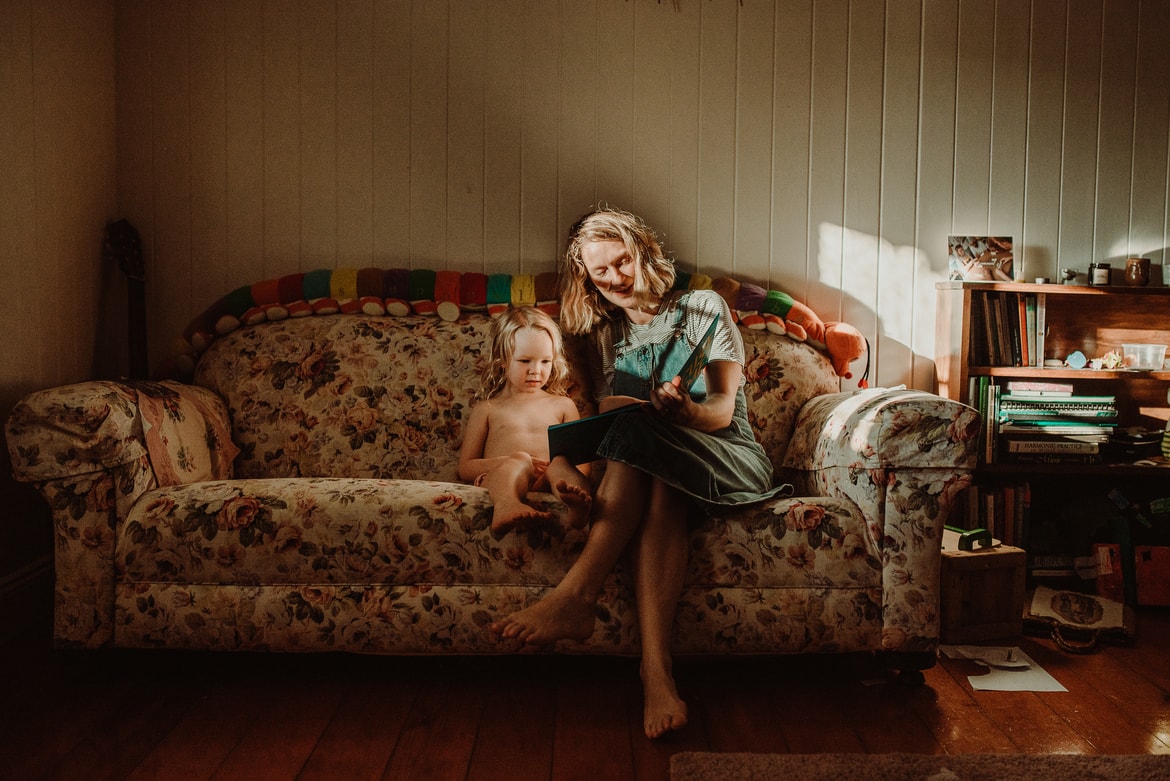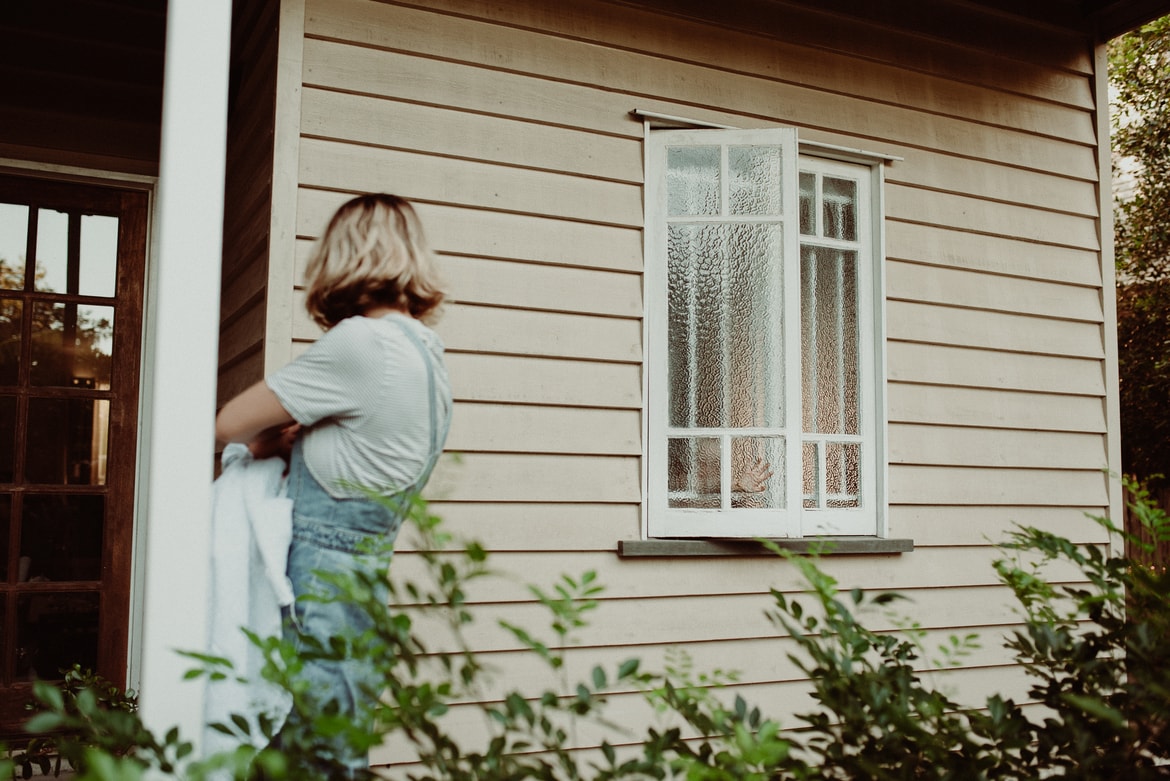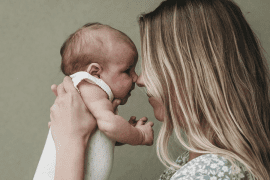By Rebecca Rylands
This is an open letter to mums who feel that their child’s birth was traumatic, disappointing, difficult, scary, or did not go to plan. This is the story of a hospital birth that contains some descriptions that may trigger some people. The author respects the varying opinions and birth choices of other women. If anything in this article causes you distress, please reach out the various helplines available in your area.
Dear Mama,
You are not alone.
Five years ago, after a lengthy labour, an induction and finally a vaginal birth, complete with tearing and episiotomy, my daughter was born. And she was perfect. Through the hormonal and adrenaline-fuelled afterglow that birth can bring, I gazed in wonder at her in my arms, overjoyed to have made it through. But something wasn’t right.
Things were changing very quickly in the room. New people were rushed in to try and hurry the placenta along. But it didn’t want to come. Staff assessed how much blood was lost and my husband and I were given facts about what would happen next, as decisions had to be made immediately. I handed over my baby to Dave, her dad, for the first time as I was whisked off to the operating theatre for manual removal of the placenta.
The procedure, they said, would be over in a couple of hours. It wasn’t.
My husband was called away from his skin-to-skin time and into an interview room on his own where he was told by a doctor that the surgery wasn’t going as well as expected. A lot of blood had been lost and they were, he said, still working on things, though he had no assurance to offer that I would be okay.
It’s a bit of a blur for me, but the plan the doctors gave me was that I was to have an epidural for the surgery and be awake so as to feed bub in recovery. After I arrived in theatre, the epidural didn’t go in too well either. I couldn’t sit up so they wanted to try again with me lying on my side. I was losing consciousness and someone mentioned the amount of blood again. The doctors asked for my consent to put me under general anaesthetic. I nodded, and the soothing voice of Lily, my anaesthetist, guided me off to sleep.

I woke up the following morning with an intubation tube in my throat and my husband’s hand in mine. His face showed he had experienced a huge scare, his eyes troubled with fear and concern.
Where was my baby? Was she okay? I couldn’t speak to ask Dave because of the tube, but through his tears, he let me know that she was alright and in the maternity ward with my mother.
I spent two more days and nights in ICU, fighting to get better so I could be roomed with my baby. Beautiful hospital staff bathed me, helped me express my colostrum and monitored me around the clock, keeping me alive.
My career and professional training meant that I was well-versed in the likely tough times we were to face due to the emotional upheaval that surrounded my daughter’s birth. I am a counsellor and the focus I have on feelings, thoughts and actions, meant my partner and I were proactive in asking for any kind of emotional support the hospital could offer to help us process the birth. A social worker visited us in hospital, lactation consultants helped us, and we took all the support we could get. The social worker provided psychological first aid, and iterated the importance of us getting in touch with her again for a referral as outpatients.
This we did, and in addition to this, I sought six sessions individually with another social worker for counselling once I had recovered physically, and had somewhat settled into parenthood. And boy, were there some challenges with that too. But I continued on, mothering, going back to work, and of course undertaking the many challenges of each new day in our forever-changed, and expanding, little world.











